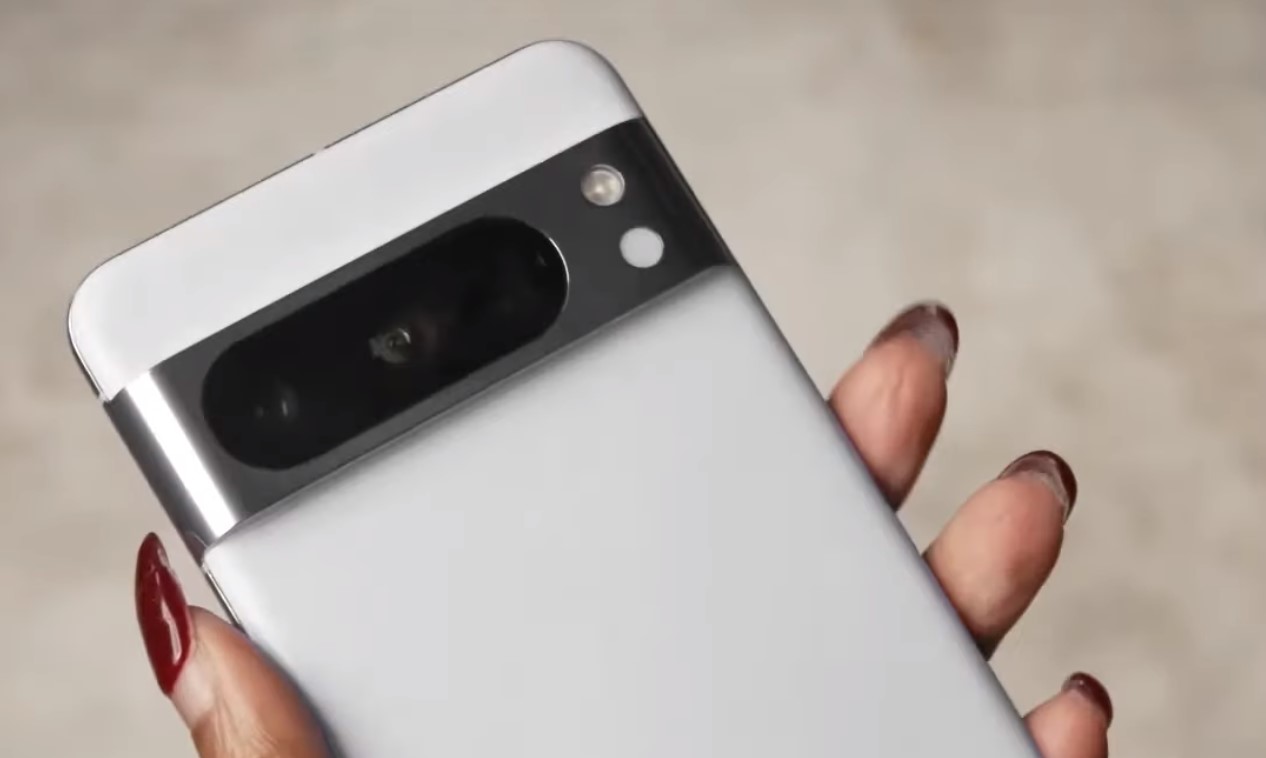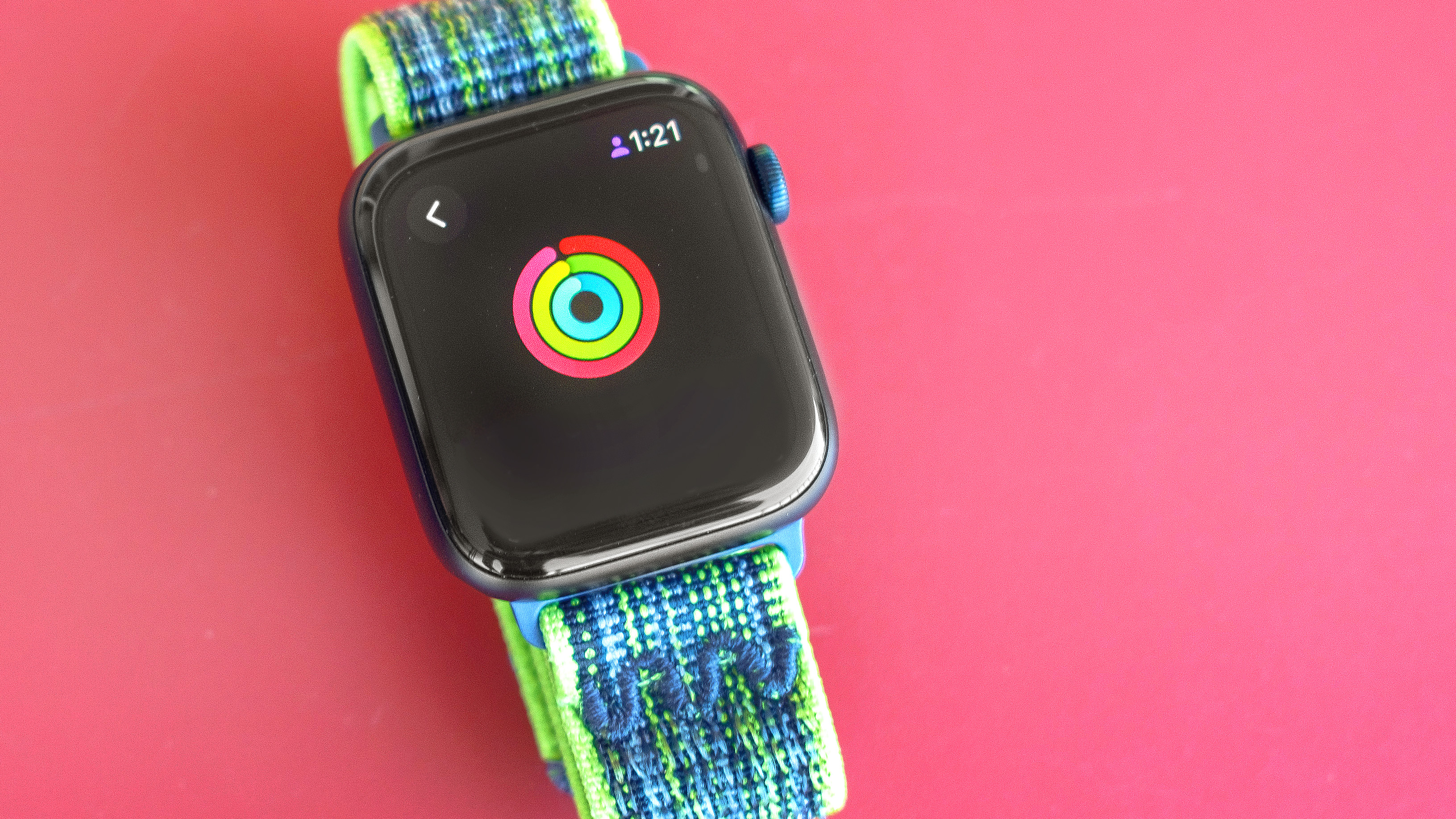Google Pixel 8 gets massive specs leak — here's everything to expect
Exciting camera and display upgrades are on the way

All the key specs for the Google Pixel 8 and Pixel 8 Pro have just leaked, in convenient table form, thanks to veteran tipster Evan Blass.
While several new and upgraded Pixel 8 features have already leaked, this table shows us how the new Pixels compare to each other as well as a couple of Google's older models.
pic.twitter.com/Ujq0PGht08September 27, 2023
Starting with the display, we see the Pixel 8 series is bringing two major changes. One is the introduction of Actua and Super Actua displays, which appear to be Google's names for its new super-bright screen technology. The other noticeable change is the basic Pixel 8 getting a 120Hz maximum refresh rate, up from the 90Hz that previous non-Pro Pixels have maxed out at.
It also seems that the size of the new basic Pixel is a little smaller than before, as we've heard in previous rumors.The Pixel 8 is now a 6.2-inch device instead of 6.3 inches like the Pixel 7.
On the photography front, the table explains that both Pixel 8 series phones are being given a new 10.5MP selfie camera. Other than a new autofocus for the Pixel 8's ultrawide camera, and an apparently upgraded autofocus on the Pixel 8 Pro's ultrawide camera, no other changes to camera type, resolution or zoom level (in the case of the Pro model's telephoto camera) appear to be happening compared to last year's Pixels.
Skipping down the list for a moment, we see that the Pixel 8 Pro is also equipped with a thermometer, which is believed to be mounted on the back with its cameras. This has been rumored before, and if it indeed behaves as a normal thermometer, capable of reading the temperature of whatever you point it at, Google will have one of the smartphone world's most unique selling points on its hands.
Don't forget the camera software
Returning to the camera features, the table explains that as well as Photo Unblur and Magic Eraser from previous Pixels, the new Pixels get a "Best Take" mode, which between the name and the small print, sounds like a system for optimizing a photo or video, likely from multiple frames combined together.
Sign up to get the BEST of Tom's Guide direct to your inbox.
Get instant access to breaking news, the hottest reviews, great deals and helpful tips.
The Pixel 8 Pro is also down to get Pro Controls, which we assume will offer an enhanced camera experience for more knowledgeable users. No mention here of the alleged Video Unblur ability that's been tipped before now though.
The Pixel 8 and 8 Pro are also confirmed as having a Macro Focus camera mode, something that used to be exclusive to the Pixel 7 Pro. Both phones are also capable of capturing 4K video, although the frames per second isn't specified.
To no surprise, the two new Pixels are equipped with Tensor G3 chipsets, the next generation of Google's in-house chips that tend to prioritize machine learning and AI performance over raw computing or graphics power. We're also told that both of the Pixel 8 devices feature fast charging batteries that will apparently last 24 hours, although there's no mention of charging speed or battery size in this table.
Lastly, the table confirms that the Pixel 8 and Pixel 8 Pro will offer face and fingerprint unlocking, plus an IP68 dust/water resistance rating, as older Pixels have done.
As well as the Pixel 7a, the table also shows the Pixel 7. Its presence on this table alongside the Pixel 8 suggests that Google may be taking a leaf out of Apple and Samsung's playbook and starting to offer older flagship models at a discount, instead of simply discontinuing them.
The next Made by Google event's happening on October 4th (a.k.a. a week's time as of the publishing of this story), and the Pixel 8 is already confirmed as showing up. We may also see devices like new Pixel Buds or updated smart home gear, but the Pixel 8 and Pixel 8 Pro will likely be the stars of the keynote presentation with all these upgraded features, plus possibly others that this leak doesn't cover like longer software support, a higher starting price or the removal of the SIM card tray.
More from Tom's Guide

Richard is based in London, covering news, reviews and how-tos for phones, tablets, gaming, and whatever else people need advice on. Following on from his MA in Magazine Journalism at the University of Sheffield, he's also written for WIRED U.K., The Register and Creative Bloq. When not at work, he's likely thinking about how to brew the perfect cup of specialty coffee.
